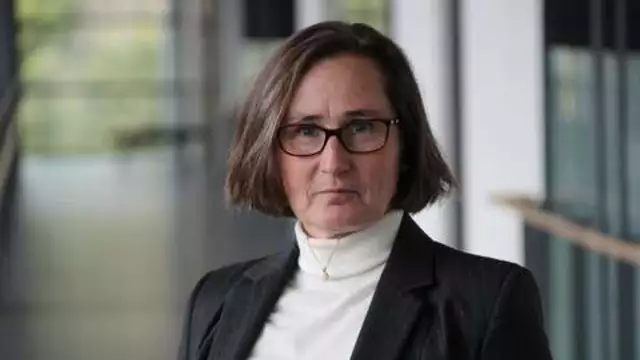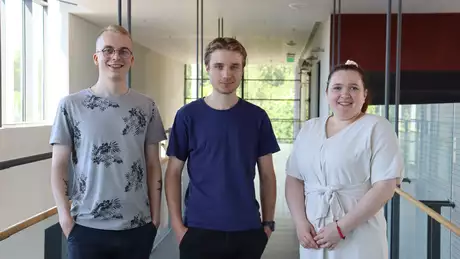
Arcada Develops New Broad Engineering Programmes
Published: 06.02.2020 / Education
Technology and digital solutions are commonplace in all industries, but savvy engineers are a scarcity today. Arcada is committed to developing new broad engineering programmes, and at the same time raising the target for the number of engineering graduates.
Arcada aims to grow within all its disciplines, but in the coming years engineering programmes will be the focus and common denominator for strategic development. The goal is to raise the number of engineering graduates, as well as to develop new engineering programmes. The renewed programmes are to be launched before the application period in 2021.
- We see a need to broaden the perception of what knowledge engineers need to have, and of what engineers can be. In the future, working life needs several different types of engineers. At Arcada, we can benefit from the strength in our wide range of knowledge as we have programmes for everything from health sciences to media under the same roof, says Rector Mona Forsskåhl.
The demand for multilingual engineers both in the metropolitan area and generally in society is growing. According to the Union of professional Engineers in Finland, engineers already have thousands of different professional titles, and the need for technical know-how is growing in all sectors. Therefore, there will be a clear interdisciplinary dimension in Arcada's development process.
- The development that has now started really links to all of our educational fields. In the future, our engineers will be able to focus on different areas. We believe that it is precisely in the borderland between the different disciplines that interesting development can happen. And we want to see development that brings an entire sector a leap forward.
Although Arcada is now taking another step in the profiling process, it does not mean that the existing degree programmes are getting dismantled.
- On the contrary; our current degree programmes are an excellent base to build on. Traditional engineering courses will not disappear, but we want to respond to the demand for smoother and more flexible study paths so that our prospective engineers can shape their own competency profiles to a greater extent, says Forsskåhl.


